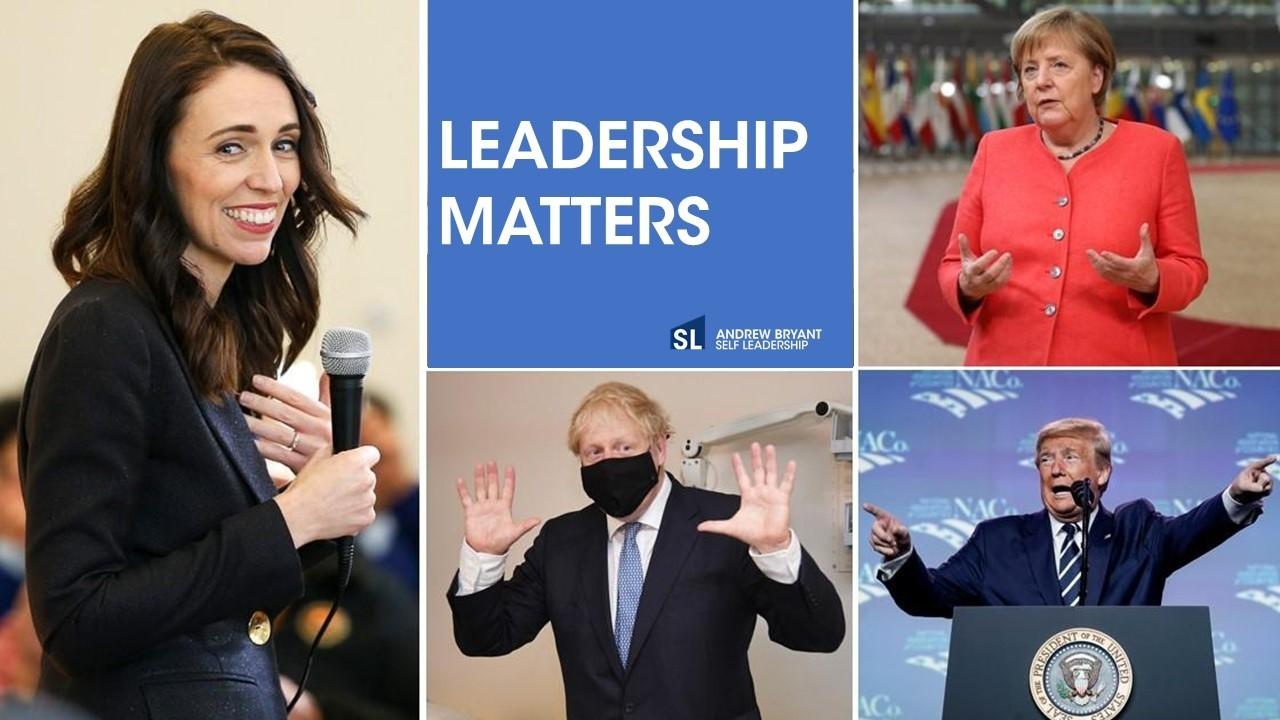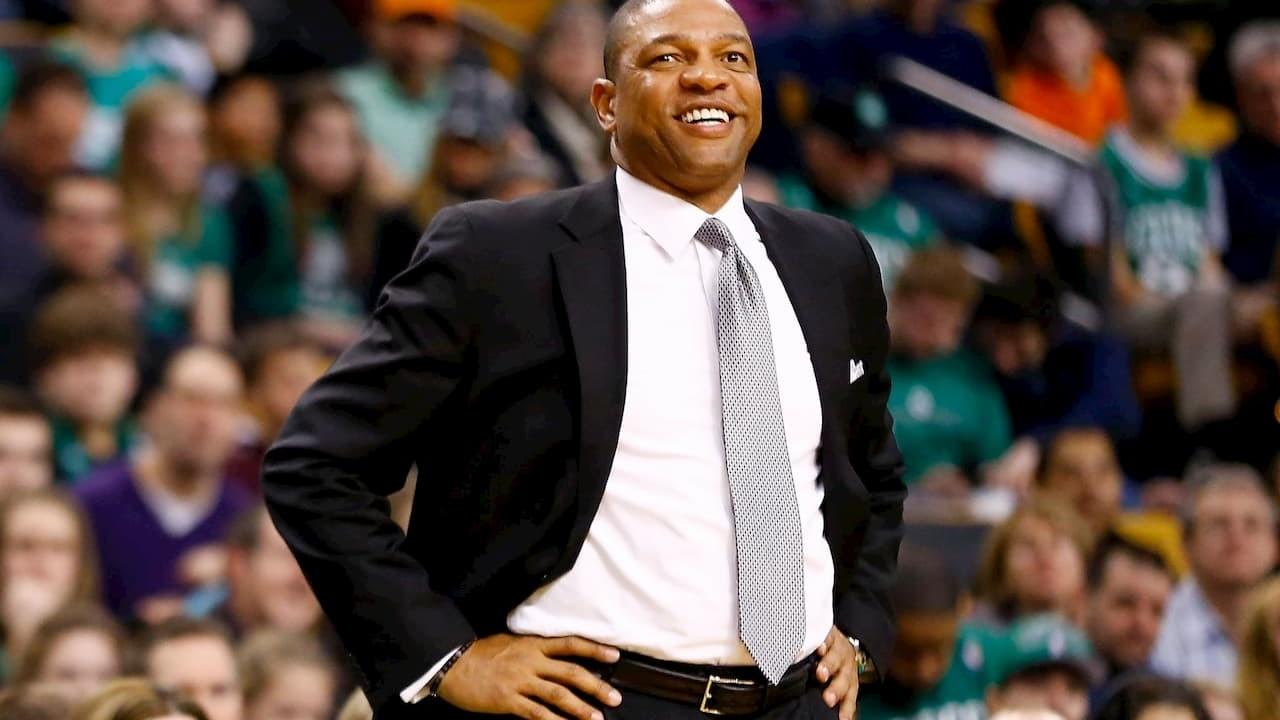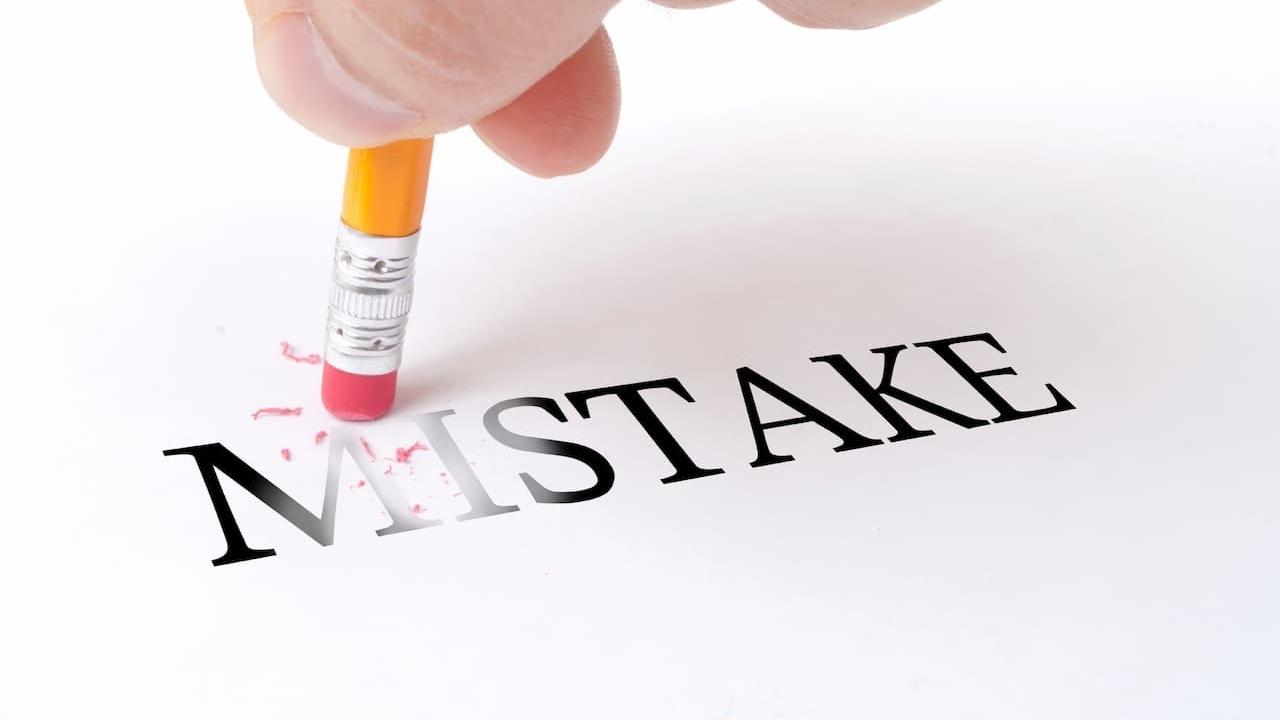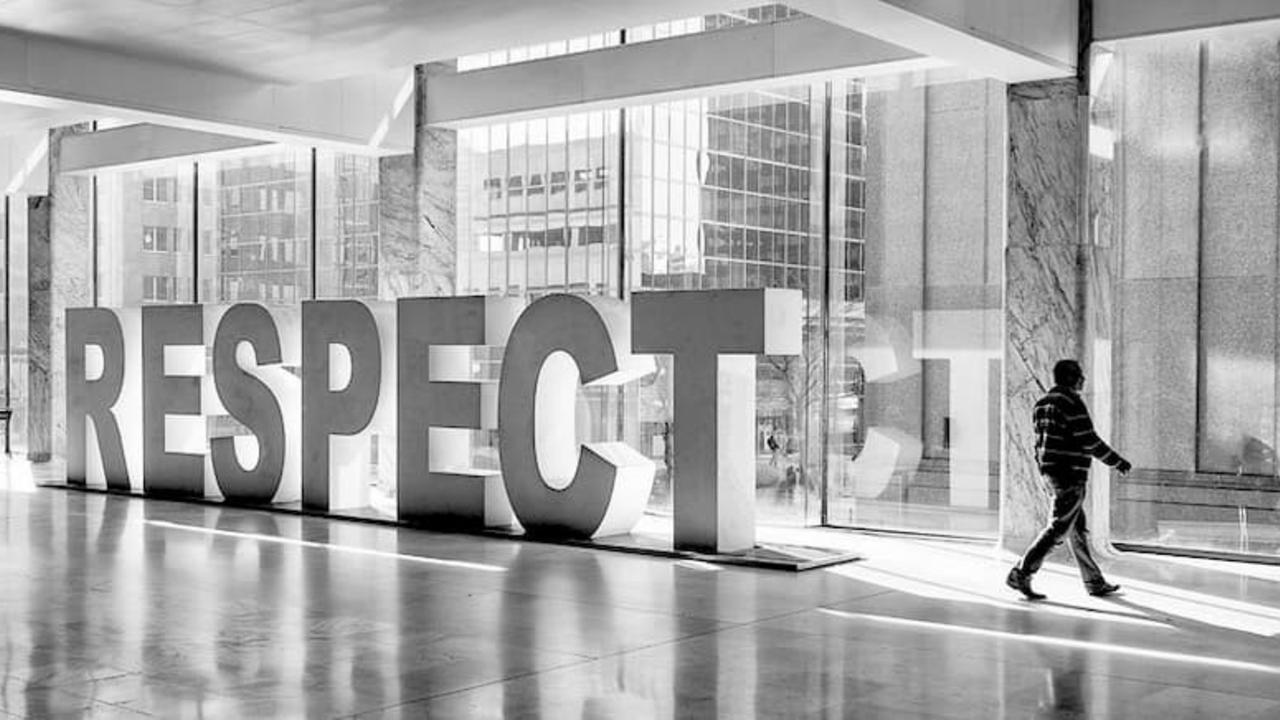THE SELF-LEADERSHIP BLOG
More than a Leadership Blog, this is where Self-leadership Theory becomes concrete strategies for unlocking Human Potential in the Age of AI.
In addition to the blog posts, check out the Self-leadership to Potenial-ize Podcast >>
How not to be Passed Over for Promotion
Nov 05, 2020
Choosing the right Executive Coach for you
Nov 03, 2020
Remembering Sean Connery - Bond - James Bond
Nov 01, 2020
How to Get Out of a Slump
Nov 01, 2020
Leadership Matters
Oct 25, 2020
Leadership and the Power of ‘AND’
Oct 12, 2020
The Secret to Effectively Managing Employee Mistakes
Sep 28, 2020
Manager or Team Failure – 5 Keys to Success
Sep 15, 2020
Ace your Annual Performance Review
Aug 28, 2020
Career Success – Take on Extra, but Get the Credit
Aug 20, 2020
Getting Respect – You are doing it Wrong!
Aug 17, 2020
Diversity is Difficult but Doable
Jul 14, 2020
Virtual Leadership Speaker and Coach
Jun 15, 2020
Leadership in Uncertainty and Rapid Change
May 30, 2020
Goal Setting – A Self-leadership Worksheet
May 01, 2020












